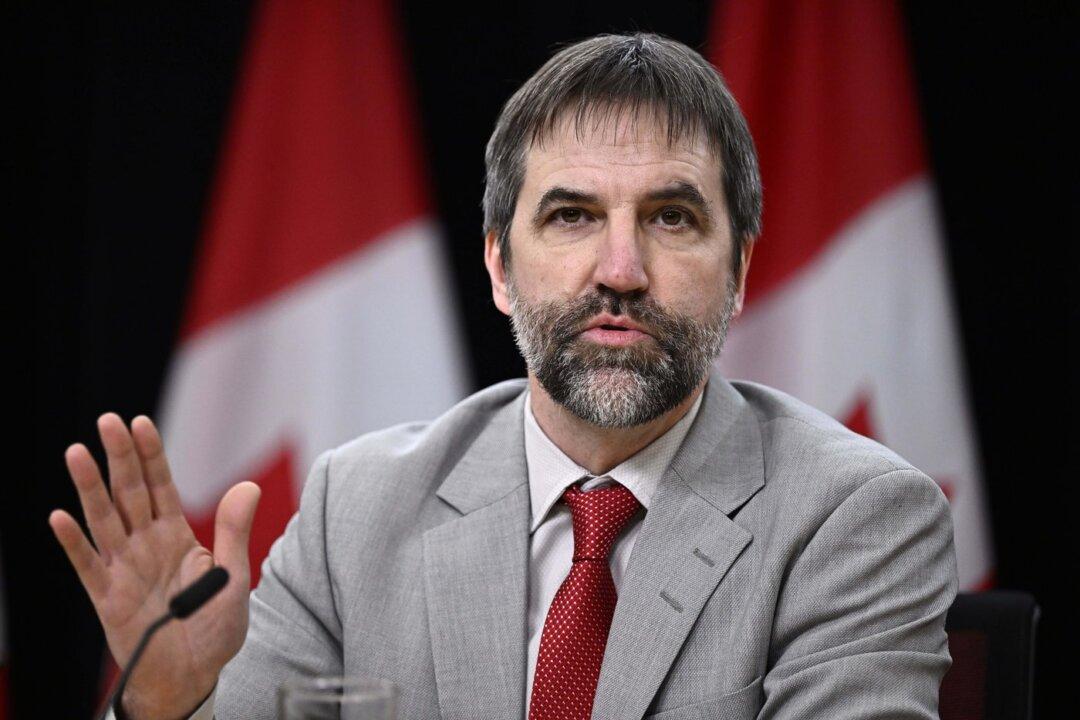Ottawa plans to introduce a national plastics registry to track how much plastic is being produced in Canada, Environment Minister Steven Guilbeault has announced.
“We’re implementing a comprehensive plan to reduce plastic waste and pollution, and today I’m excited to announce a new federal plastic registry which will increase transparency and help make producers responsible,” Mr. Guilbeault said during an April 22 press conference.





